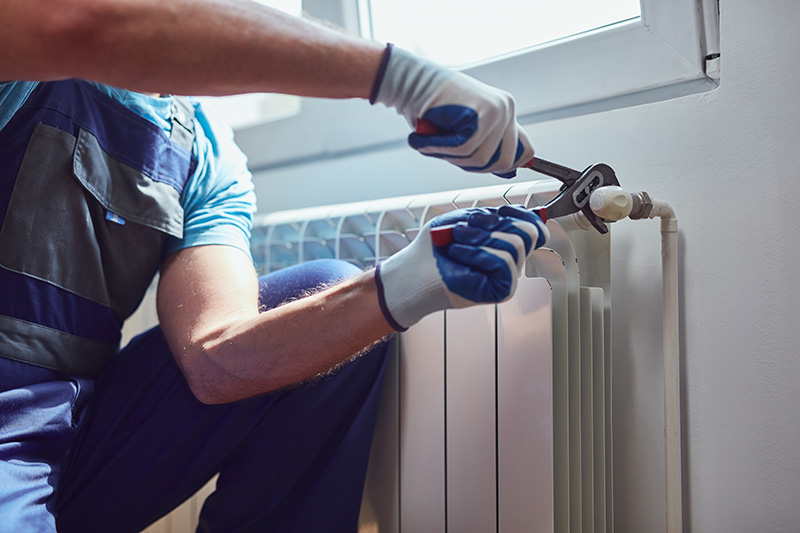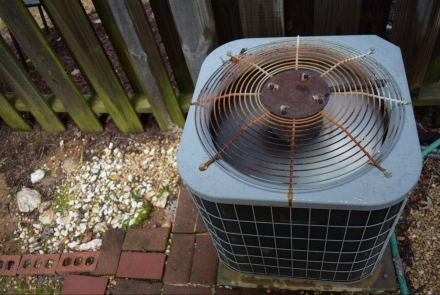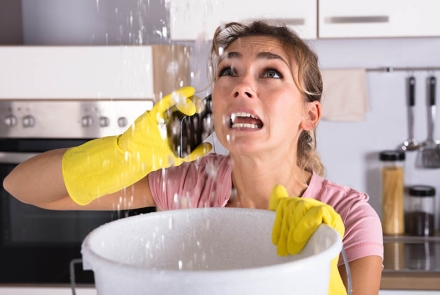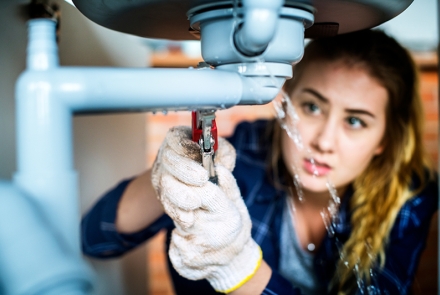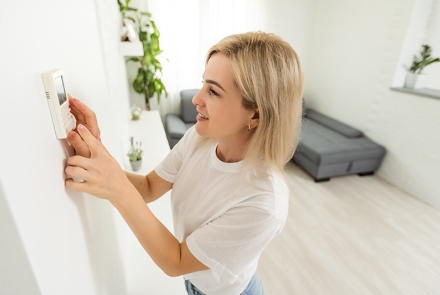Water Pressure VS Water Flow: What's The Difference?
Water pressure and water flow power your plumbing system. It is important to know how each one works in your plumbing system. But what is the difference between these two terms? Knowing the difference will help you when any issues arise.
Water Flow vs Water Pressure
Pressure is the continuous force exerted on an object by contact. Water pressure is the force that makes your water go through your entire plumbing system. Your water pressure is often based on the altitude of your home. For example, if you live in a city with a water tower, the pressure is set up for that water tower. The higher the water tower is, the higher that your water pressure will be. Water pressure is also affected by gravity. Water pressure can change even with the slightest change to your plumbing equipment.
Water flow is the amount of water that you have going through your pipes at any time. The flow of the water in your pipes will depend on how wide your pipes are, and the pressure of that water. If you have small width pipes, you can expect the water flow to be lower than pipes that have a wider width. When you have more taps on your water open, this can affect the pressure of your water. This will cause the water to come out at a slower flow.
Your Plumbing System, Pressure, and Flow
There is a simple way to describe the difference between water flow and water pressure. Water flow is the quantity of water coming out of your pipes. Water pressure is how hard the water flows out of your pipes. Things like friction can affect both water flow and water pressure. For example, if your pipes are full of sediment, it will cause your water pressure and flow to be low.
When There Is A Problem
If you want to change your water flow, you can adjust your faucet opening. To control your water pressure, you will want to find the water pressure regulator. You will usually find this near the main water line to your home. You can check your water pressure with a gauge. Before doing too much, if you are municipal water, check to see if your neighbors have low water pressure. If it is on the municipal end, you will need to call them to figure out what is going on.
- Some common problems that can affect your system to where you need a plumber include:
- Broken pressure regulator. A licensed plumber will need to replace this part.
- Closed shut-off valves. If you notice that you have low flow or pressure, first check the shut off valves to ensure they are open.
- Clogs. You will want to get rid of clogs as soon as possible.
- Leaks. Leaks can cause water pressure and water flow to be low. Getting these repaired as soon as possible is vital.
- Sediment build-up. Sediment can impede the flow of water. A local plumber can help to remove the sediment from your pipes.
Call Us Today
At Robert Bair, our team is very knowledgeable about water flow and water pressure. If you have an issue, please give us a call today. One of our plumbers will come out to ensure that you have adequate flow and pressure.

